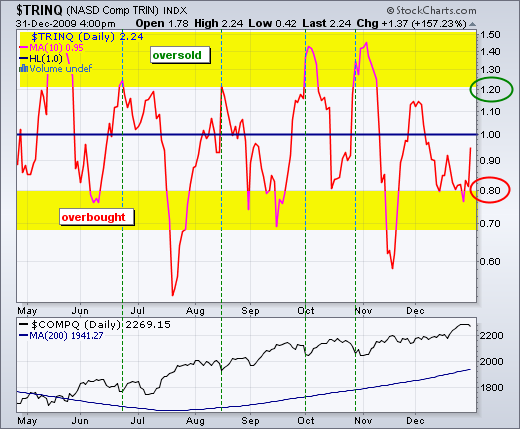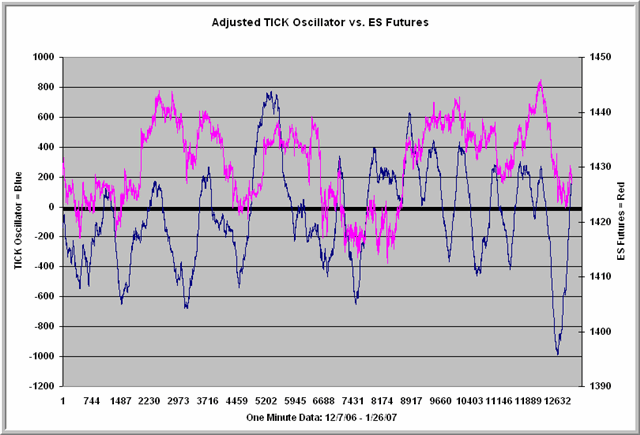Term v Term Trading
Post on: 23 Август, 2015 No Comment

Focus on consistent, long-term growth. The Forex is not a get-rich quick market.
At PFX, we are known for advocating longer-term trading strategies over shor-term trading. In this section we will explain why we feel that way and help you understand some of the advantages of long-term trading over short-term trading.
To be clear, while we feel that long-term trading is advantageous over short-term trading (Especially for new traders), we understand that many traders enjoy operating in the very short term and there are even a few who are successful at it. It is also appropriate to add that short-term trading can be fun. Some of us here at PFX allocate a small part of our portfolio to short-term trading because it is enjoyable.
However, this section teaches that long-term trading has the potential to be more profitable and provide more risk control, and is more easily learned and executed by new investors.
Beware of mis-information. If it sounds too good to be true, it is!
We think that the disadvantages of short-term trading over long-term trading are ignored for two controversial reasons, and our experience has shown them to be important influencers when traders are entering the market and trying to decide what kind of investor they will be. Here are some of those influencers, and the motives behind them:
1. Biz-op (business opportunity or get-rich-quick programs)
The retail financial world is overrun by seminar companies, advisors and system producers. It is more exciting to talk about a super easy, short-term system with high-returns, and it sells much better. These companies know that. They advocate lots of trades, excitement and big profits—even if it will only produce lots of commissions/spreads, anxiety and fast losses. This works for them because it means they are frequently in contact with you, and it is easier for you to become dependant on their advice, tools or system.
This one is pretty obvious. As you can imagine, the more trades you make, the more money they make off your account. A higher volume of trades means more income for dealers—even from a small account. A lot of the free education offered by dealers is oriented around short-term trading for that reason.
Key differences between long- and short-term trading
Here are the differences we see between the two types of trading and what you need to be aware of as you make decisions.
Short-term forex traders immediately face a disadvantage because they trade more, and have to overcome the spread more often.
To make a 1,000-pip profit when trading the EUR/USD, a long-term forex trader can make one trade that moves 1,002 pips (assuming the spread on the EUR/USD is 2 pips). He has to make 2 pips to overcome the spread.
To make a 1,000-pip profit when trading that same EUR/USD pair, a short-term forex trader who makes 50 trades must make 1,100 pips (again, assuming the spread on the EUR/USD is 2 pips), because he has to overcome the spread for each trade.
* That’s 100 pips, or 10% more effective that a short-term trader has to be to profit!
I hope you are asking yourself the question, Why would I want to make my forex investing experience 10 percent harder than it has to be? The numbers in this example can be modified to fit any scenario, but the point is, more transactions equal more transaction costs. That is good for your dealer but not for you.
And there is no shortfall of good trade opportunities in long-term investing.
Over Focus
We find that many traders suffer from market tunnel vision. They are watching one or two pairs in the short term and are unable to see what is happening in the rest of the market around them. The market moves a lot, and potential entries and exits on multiple currency pairs can form quickly.

However, the amount of attention it takes to manage one or two short-term trades with entries, exits and stops can preclude the short-term trader from seeing the trading opportunities on other pairs. Short-term traders who miss these trading opportunities are unable to leverage the benefits of diversification and portfolio management to control risk, which longer-term traders routinely take advantage of.
Flexibility
Short-term traders will often deal with bracket orders out of necessity. A bracket order, or OCO order, means that you have predetermined your exits and have entered those orders at the same time you entered the position.
Long-term traders have a greater ability to adjust their expectations and manage trades, and employ risk control as new information, price patterns and opportunities arise.
Most technical analysts agree that the validity of a trading signal is independent of time frame. Therefore, if the quality of the trading signal is the same, regardless of its timeframe, isn’t it better to give yourself more time, rather than less time, to make decisions?
We think so.
Miscellaneous
Short-term traders miss out on other benefits of operating in the forex. Short-term traders often miss out on rollover, or interest premiums, on a daily basis—depending on when they enter and exit their positions. Longer-term traders can create trades and groups of positions that benefit from interest payments in the long term.
Long-term trading can be less time consuming since you don’t have to watch the live market. Many new traders are working a full-time job, raising a family and having a life while they learn this market. Checking in on your trades and making adjustments every once in a while, rather than constantly watching the live market throughout the duration of the trade, requires a lot less time and can be easily scheduled around your daily routine.
Short-term trading requires a lot more attention to the market on a continuous basis. A much talked about aspect of trading is the toll it can take on you emotionally. The longer you are in front of your trading screen watching the market zigzag back and forth between your limit and stop, the more tempting it can be to interfere with your strategy. That emotional toll increases the stress of trading and can make the whole experience unpleasant.














